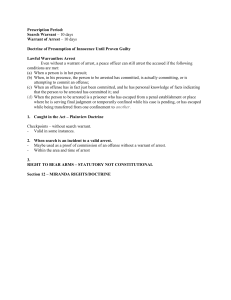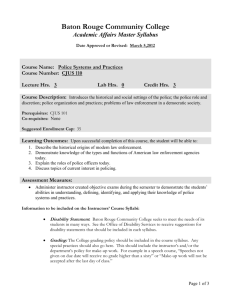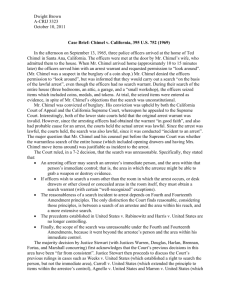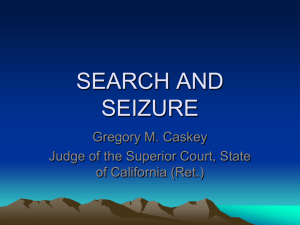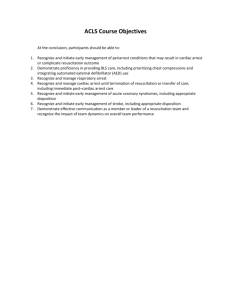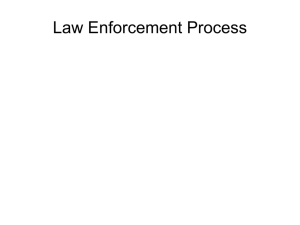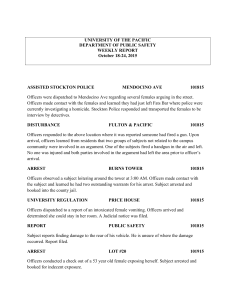sample student case brief
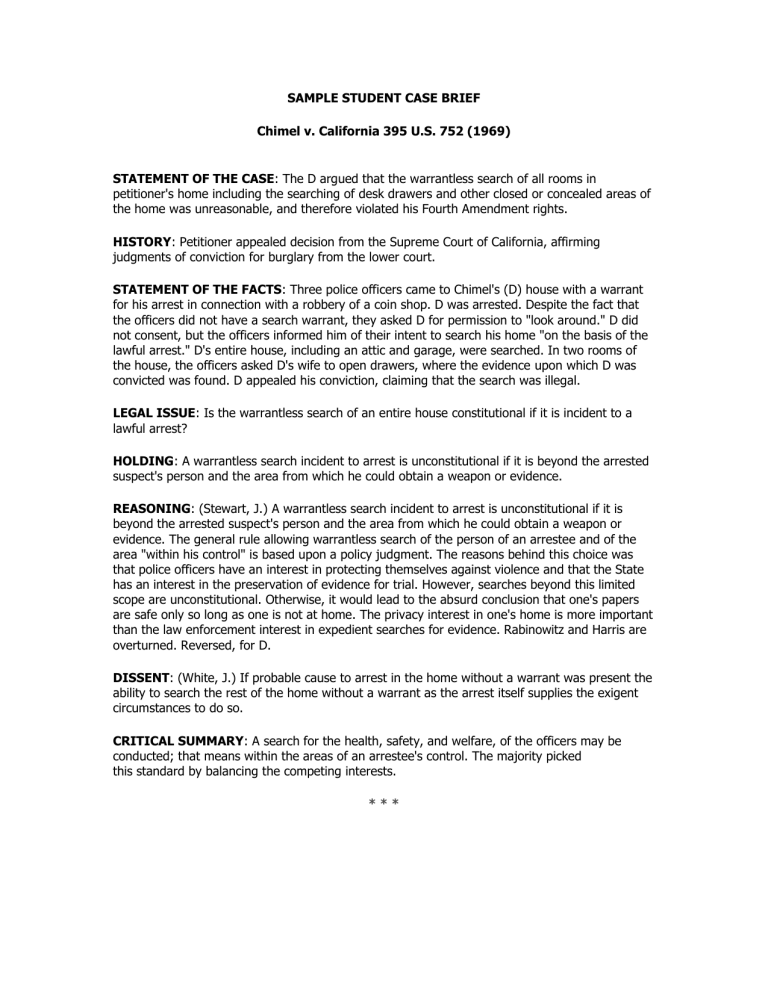
SAMPLE STUDENT CASE BRIEF
Chimel v. California 395 U.S. 752 (1969)
STATEMENT OF THE CASE: The D argued that the warrantless search of all rooms in petitioner's home including the searching of desk drawers and other closed or concealed areas of the home was unreasonable, and therefore violated his Fourth Amendment rights.
HISTORY: Petitioner appealed decision from the Supreme Court of California, affirming judgments of conviction for burglary from the lower court.
STATEMENT OF THE FACTS: Three police officers came to Chimel's (D) house with a warrant for his arrest in connection with a robbery of a coin shop. D was arrested. Despite the fact that the officers did not have a search warrant, they asked D for permission to "look around." D did not consent, but the officers informed him of their intent to search his home "on the basis of the lawful arrest." D's entire house, including an attic and garage, were searched. In two rooms of the house, the officers asked D's wife to open drawers, where the evidence upon which D was convicted was found. D appealed his conviction, claiming that the search was illegal.
LEGAL ISSUE: Is the warrantless search of an entire house constitutional if it is incident to a lawful arrest?
HOLDING: A warrantless search incident to arrest is unconstitutional if it is beyond the arrested suspect's person and the area from which he could obtain a weapon or evidence.
REASONING: (Stewart, J.) A warrantless search incident to arrest is unconstitutional if it is beyond the arrested suspect's person and the area from which he could obtain a weapon or evidence. The general rule allowing warrantless search of the person of an arrestee and of the area "within his control" is based upon a policy judgment. The reasons behind this choice was that police officers have an interest in protecting themselves against violence and that the State has an interest in the preservation of evidence for trial. However, searches beyond this limited scope are unconstitutional. Otherwise, it would lead to the absurd conclusion that one's papers are safe only so long as one is not at home. The privacy interest in one's home is more important than the law enforcement interest in expedient searches for evidence. Rabinowitz and Harris are overturned. Reversed, for D.
DISSENT: (White, J.) If probable cause to arrest in the home without a warrant was present the ability to search the rest of the home without a warrant as the arrest itself supplies the exigent circumstances to do so.
CRITICAL SUMMARY: A search for the health, safety, and welfare, of the officers may be conducted; that means within the areas of an arrestee's control. The majority picked this standard by balancing the competing interests.
* * *
